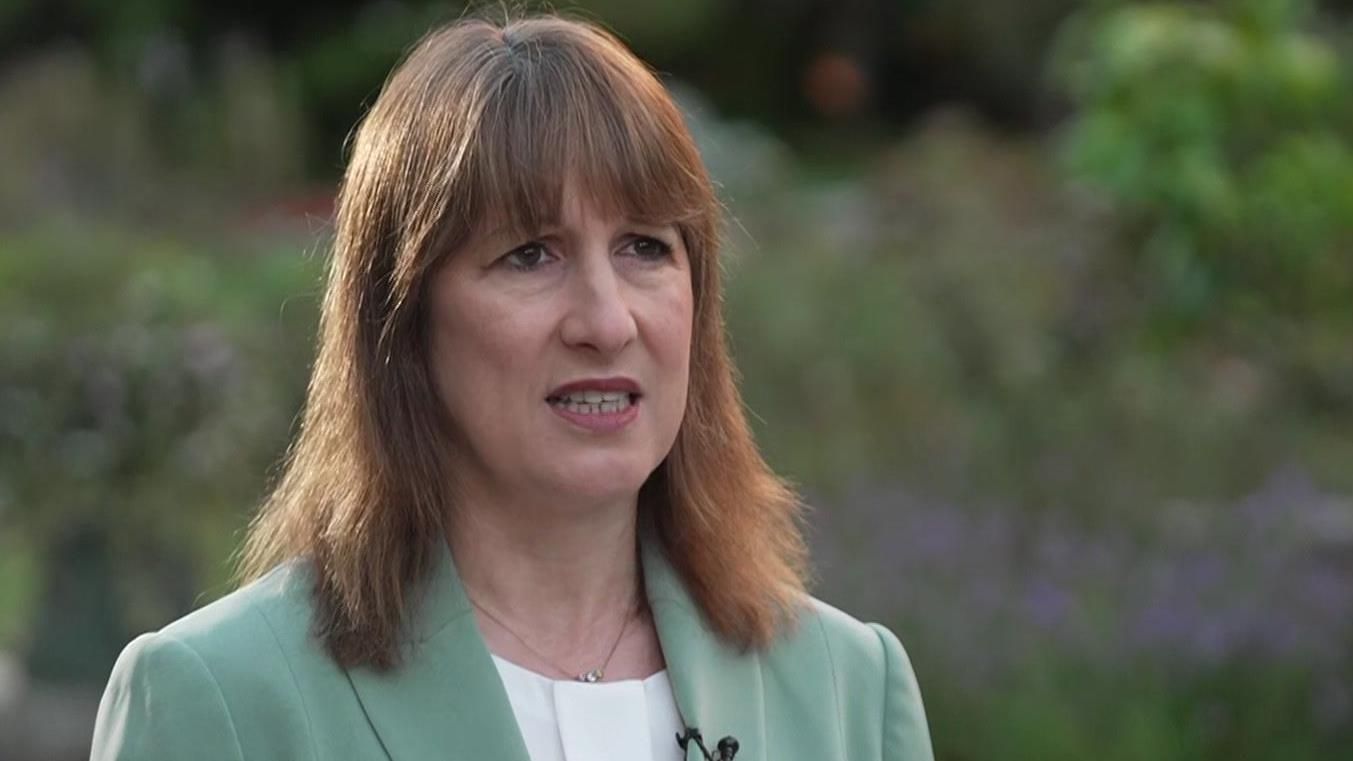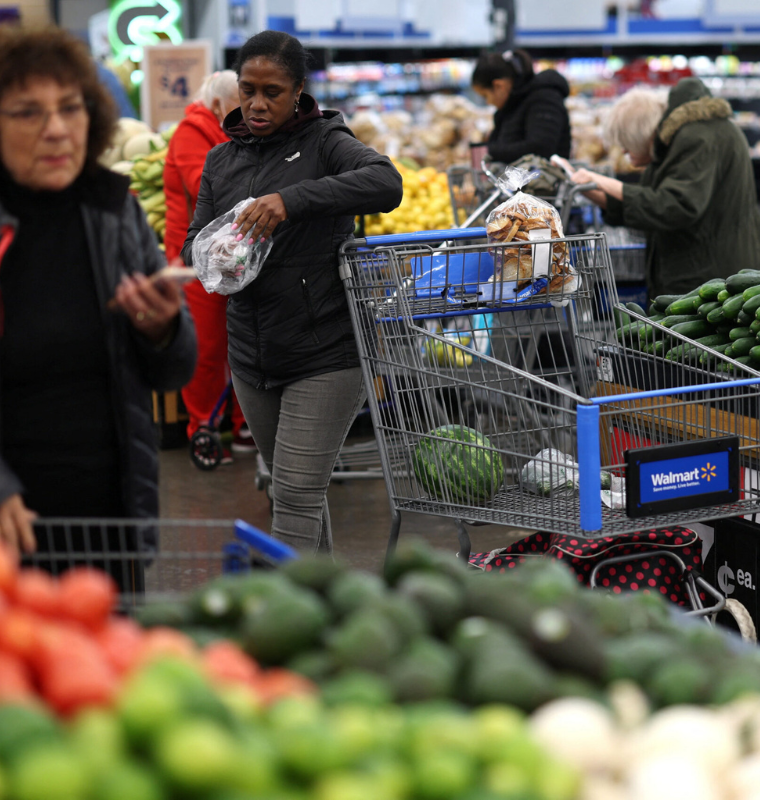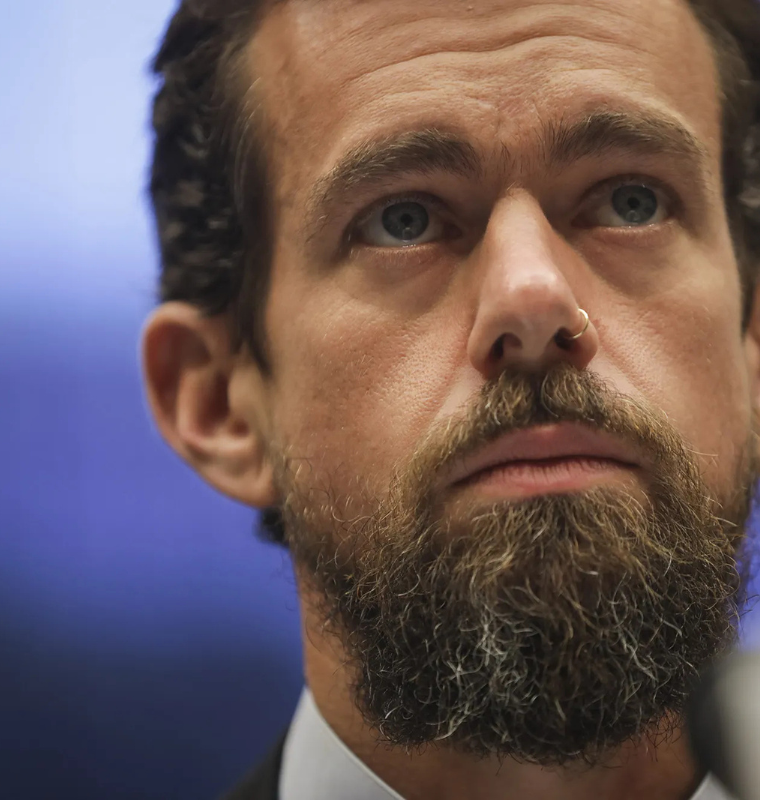U.K. Chancellor Rachel Reeves Says November Budget Will Tackle Global and Domestic Pressures Head-On
U.K. Chancellor Rachel Reeves Says November Budget Will Tackle Global and Domestic Pressures Head-On
By
Leah Rosenfeld
Last updated:
October 20, 2025
First Published:
November 30, 2025

Photo: BBC
As the U.K. edges closer to its November 26 Autumn Budget, Chancellor Rachel Reeves has signaled that her focus will be on balancing fiscal discipline with the need to steer the economy through a turbulent global environment. Speaking during the IMF Annual Meetings in Washington, D.C., Reeves highlighted the Russia-Ukraine conflict, escalating tensions in the Middle East, and rising global trade barriers as the key forces shaping her economic strategy.
“The key thing for me as Chancellor is to be honest with people about the challenges we face,” Reeves said. “We will respond to those challenges at the budget.”
Her comments come at a time when the U.K. faces slowing growth, stubborn inflation, and long-term borrowing costs at their highest level in decades — conditions that have put the government under intense pressure to restore financial confidence without derailing economic recovery.
A Budget Under Heavy Scrutiny
The upcoming Autumn Budget will be Reeves’ second since taking office and could define her economic legacy. The Chancellor must juggle between keeping her self-imposed fiscal rules intact and finding space to invest in growth.
Those rules dictate that everyday government spending must be fully funded by tax revenues, not borrowing, and that public debt must begin falling as a share of GDP by 2029-30. These measures were originally designed to demonstrate fiscal prudence to investors after years of political uncertainty and pandemic-era spending.
However, meeting these targets is becoming increasingly difficult. U.K. government debt has now surpassed £2.6 trillion ($3.3 trillion) — more than 97% of GDP — while the budget deficit continues to exceed projections. Reeves hinted this week that difficult decisions lie ahead, including the possibility of revisiting her pledge not to raise taxes for working families.
“Breaking those rules or cutting essential spending could hurt confidence,” said one market strategist. “But raising taxes carries its own political risks.”
Rising Borrowing Costs Add Pressure
The financial markets will be watching Reeves’ every move. The U.K.’s 30-year government bond yields currently hover above 5%, the highest among the G7 nations. This surge reflects both investor caution and expectations of higher long-term interest rates, adding billions in extra debt-servicing costs for the government.
When speculation earlier this year suggested Reeves might be replaced, bond yields spiked immediately — a sign that investors see her fiscal consistency as vital for market stability. “Markets can see that we’re sticking to our fiscal rules,” Reeves said. “I’m determined to reduce borrowing costs, bring down the debt, and ensure we have a growing economy built on fiscal responsibility.”
The Chancellor has also committed to pursuing fiscal consolidation, aiming to gradually narrow the deficit and restore investor confidence in Britain’s long-term financial outlook.
Balancing Growth with Responsibility
Beyond fiscal discipline, Reeves faces the challenge of stimulating growth in a sluggish economy. The U.K.’s GDP growth remains below 1% year-on-year, while inflation, though cooling, is still above the Bank of England’s 2% target. Businesses continue to express concern about rising costs and weak consumer demand.
Reeves said the government must make the U.K. “the best place in the world to trade, invest, and build businesses.” She also urged financial regulators to focus not just on risk mitigation but also on fostering growth.
Her goal, she emphasized, is to position Britain as a global business hub — a place where entrepreneurs “can start up, scale up, and grow.”
Political and Public Challenges Ahead
Reeves is also navigating mounting political tension at home. Her 2024 Autumn Budget imposed stricter limits on government spending, drawing criticism from both opposition parties and some within her own ranks who argued that austerity-style measures could stifle growth.
Efforts to cut welfare spending were blocked by members of her own party, erasing £5 billion ($6.7 billion) in planned savings. Similarly, last year’s corporate tax hikes drew backlash from business leaders who claimed the measures discouraged hiring and investment.
Now, Reeves must balance restoring fiscal credibility with maintaining political support and public trust. “We have to be honest about the challenges,” she said, “but we must also show people that a stable, fair, and growing economy is possible.”
A Defining Moment for the U.K. Economy
The stakes for Reeves’ November budget could not be higher. With global conflicts disrupting trade, consumer spending still fragile, and borrowing costs at multi-decade highs, the Chancellor’s policy decisions will determine whether Britain can regain its economic footing.
Her challenge lies in walking a tightrope — tightening the nation’s purse strings without suffocating growth. As investors, households, and international partners await her fiscal roadmap, Reeves remains steadfast in her message: stability first, followed by sustainable growth.
The world will be watching whether the U.K.’s next budget can deliver both.
Popular articles
Subscribe to unlock premium content
London’s Gourmet Playgrounds

From Bean to Buzz in Thailand

The Secret Life of Pop-Up Luxury Restaurants in Paris

London’s Gourmet Playgrounds

From Bean to Buzz in Thailand

London’s Gourmet Playgrounds









